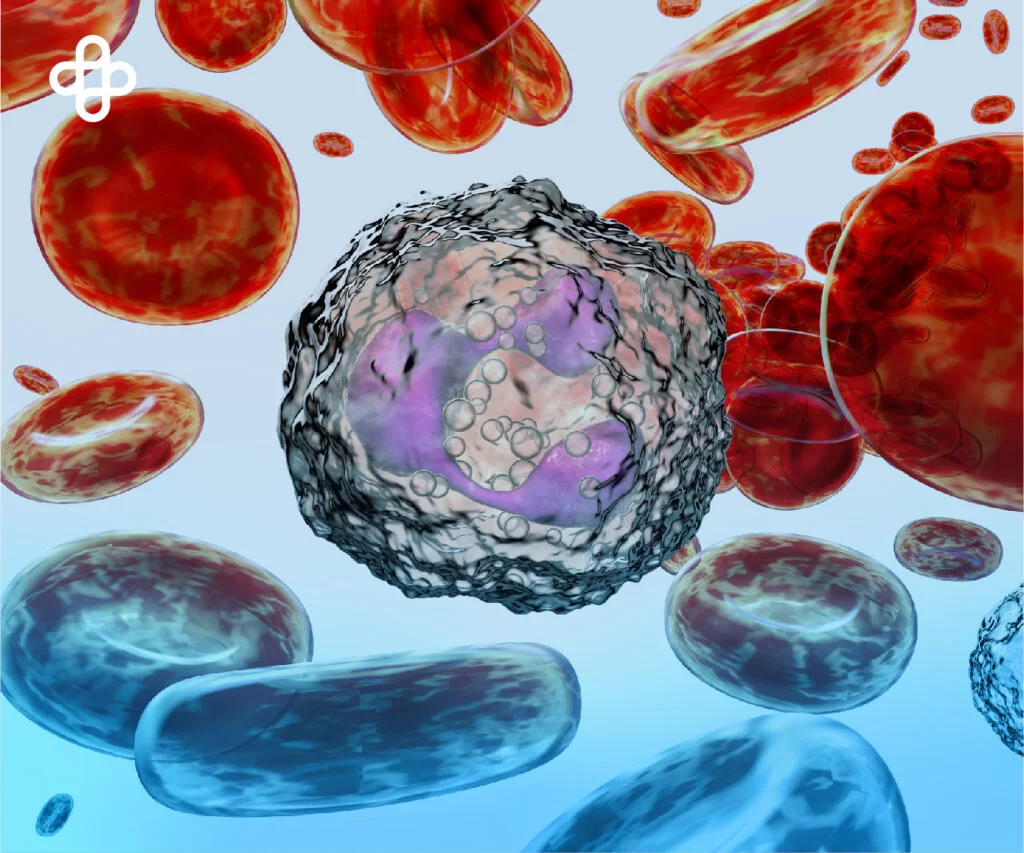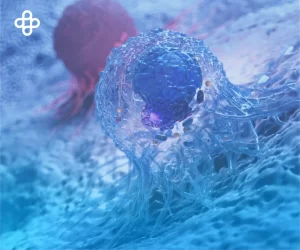Totipotent stem cells possess the remarkable ability to give rise to an entire organism. These cells can generate both embryonic and extraembryonic tissues, making them unique in their potential. An exemplary instance of totipotent cells is the zygote, formed through fertilization, which can develop into every cell type in the embryo and the adult organism.
Characteristics of Totipotent Stem Cells
Totipotent stem cells are only available during the initial stages of embryonic formation. As the embryo progresses, these cells specialize and transform into pluripotent stem cells, which can give rise to any cell lineage but cannot form a complete embryo. Changes in gene expression drive this differentiation. Therefore, cells extracted and cultured between 7 and 14 days post-fertilization, when the embryo is at the blastocyst stage, will never form a complete embryo but will develop into specific cell lineages determined by the genes expressed at that time.
Classification of Stem Cells
To better understand the concept of totipotency, let’s review the classification of stem cells based on their potential to generate different types of cells:
Unipotent Stem Cells
Unipotent cells can generate only one type of cell originating from pluripotent stem cells. A notable example is skin cells, which continuously renew. For instance, doctors can culture undamaged skin to produce sufficient tissue for transplantation in patients who have suffered severe burns.
Multipotent Stem Cells
New tissues contain multipotent cells derived from pluripotent stem cells, indicating they have undergone initial differentiation and continue to specialize. They are particularly suitable for tissue transplants, significantly reducing the chances of rejection.

Pluripotent or Induced Pluripotent Stem Cells (iPSCs)
Pluripotent cells can generate nearly any cell type. iPSCs, genetically reprogrammed target cells, resemble embryonic stem cells but are not derived from embryos.
Totipotent Stem Cells
Totipotent stem cells are essentially embryonic stem cells, formed when the egg is fertilized by sperm to create a zygote. These cells can develop into any cell type, tissue, or organ within the body.
Ethical Considerations
A significant debate surrounds embryonic versus adult stem cells, incorporating scientific, ethical, religious, social, and political perspectives. One scientific concern is the tumorigenic potential of embryonic stem cells. Some argue that the benefits of embryonic stem cells have been overstated. Adult stem cells, which pose no ethical issues and have not been shown to generate tumors, could be a viable alternative.
For further information on stem cells, visit our article on Stem Cells and Their Applications.





